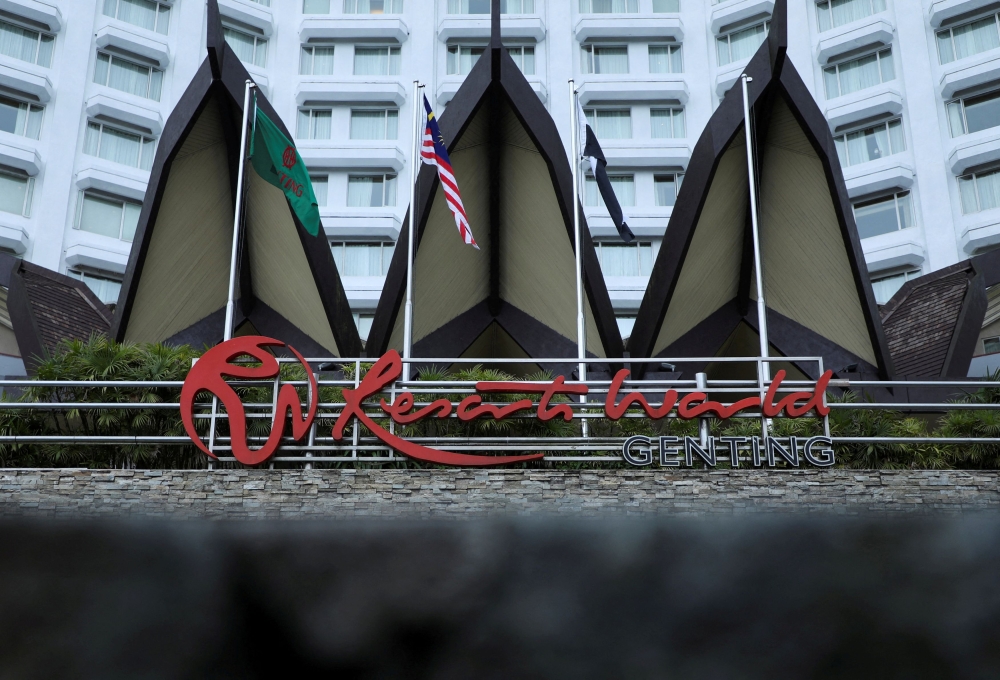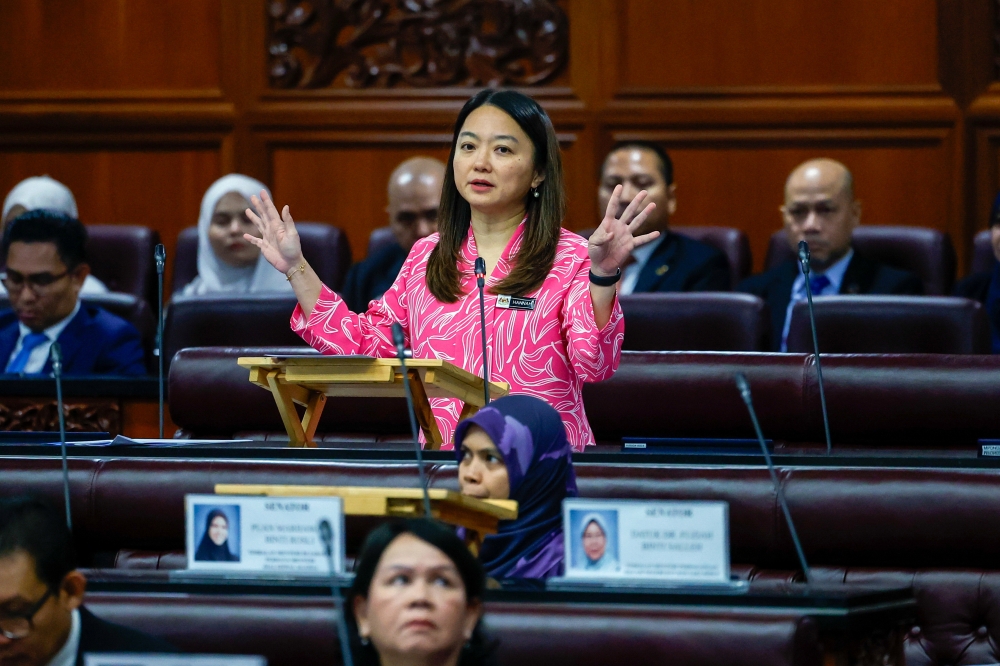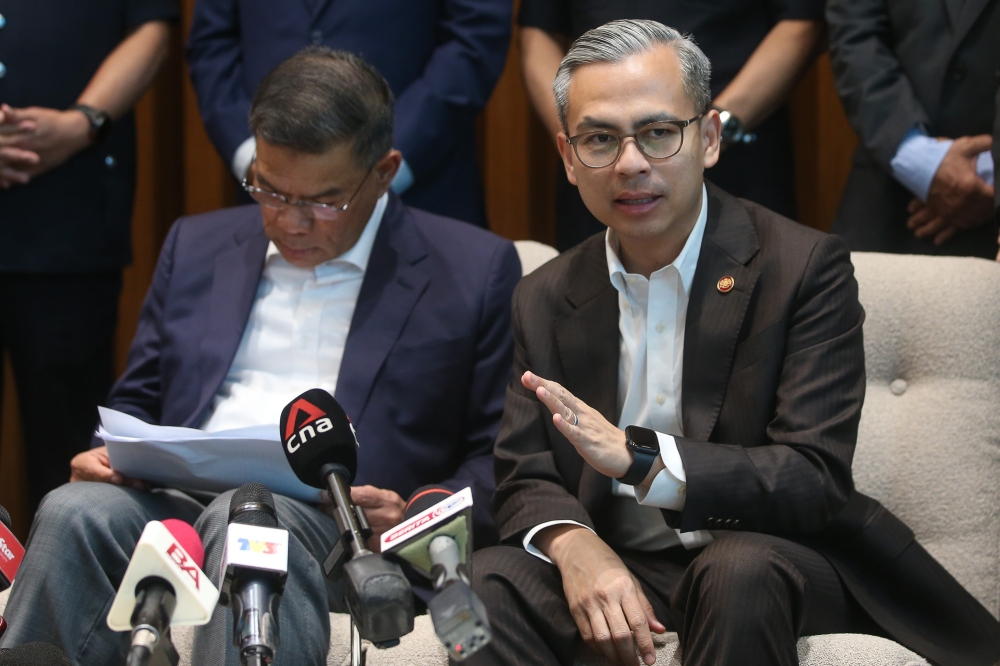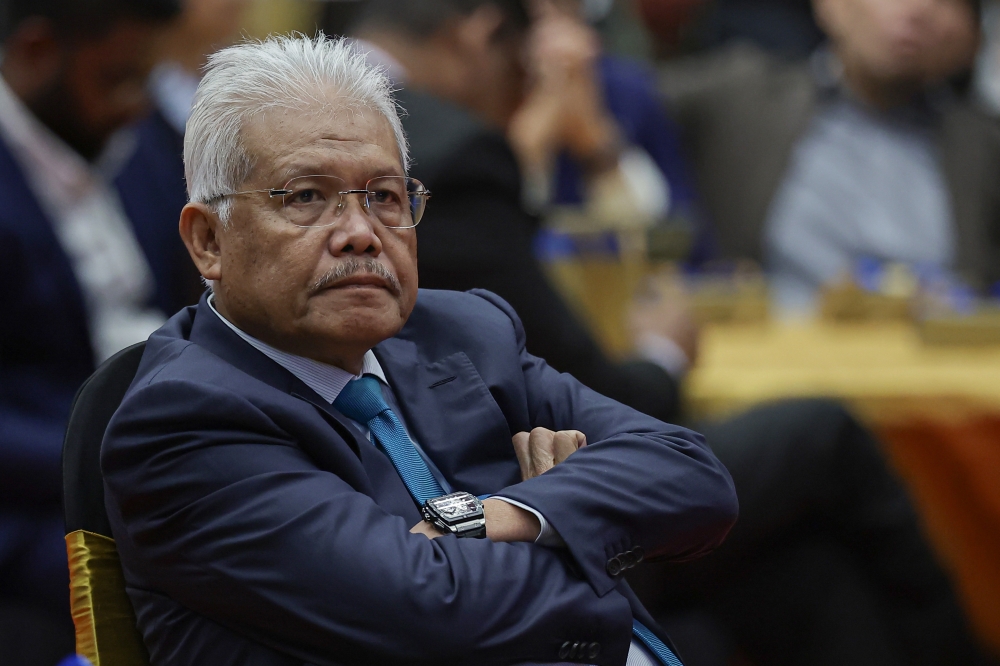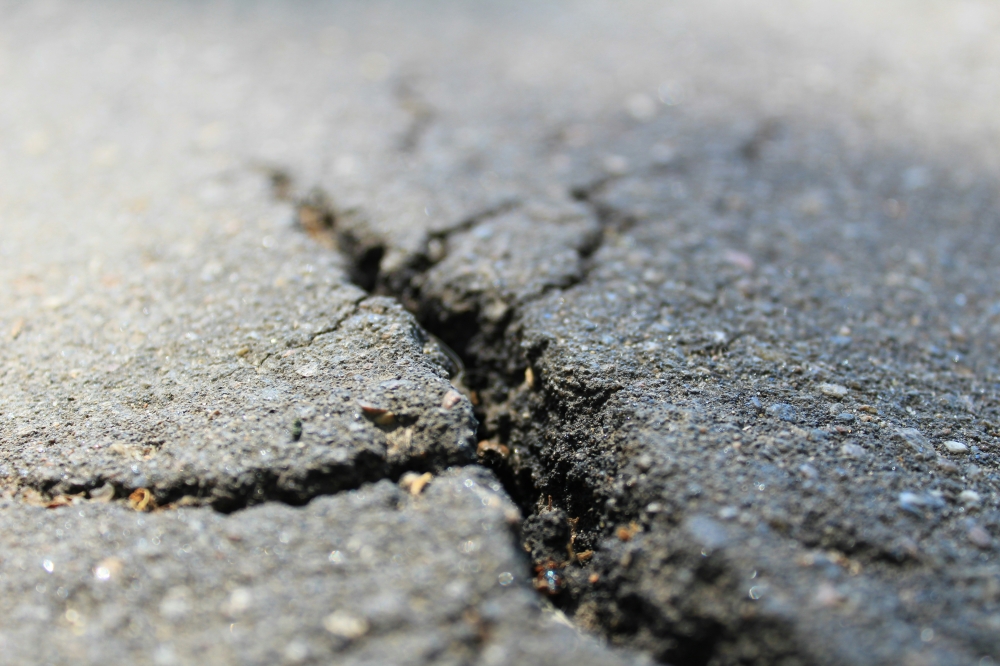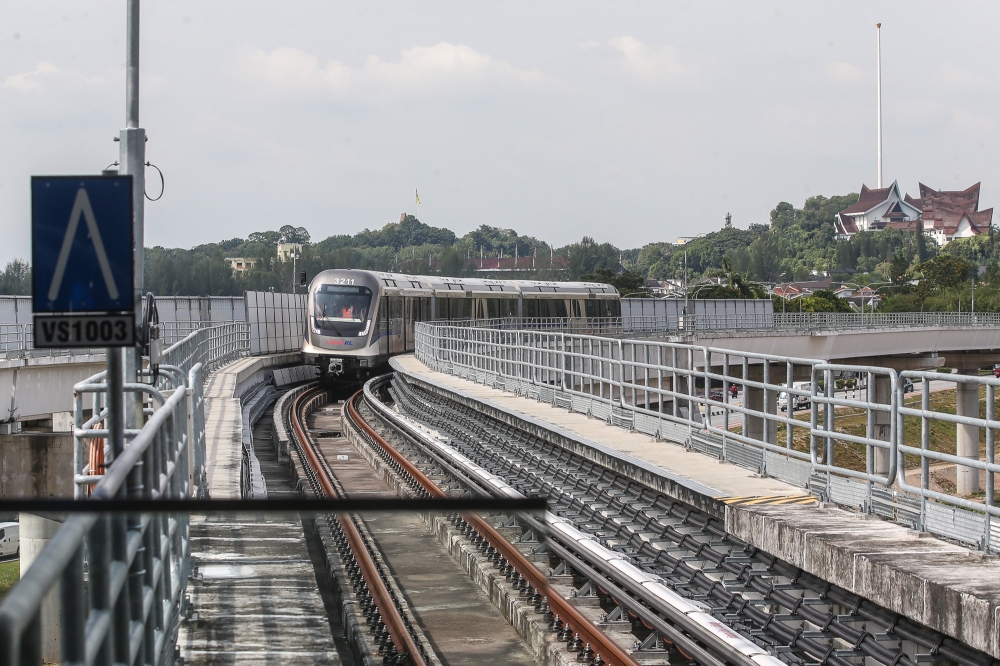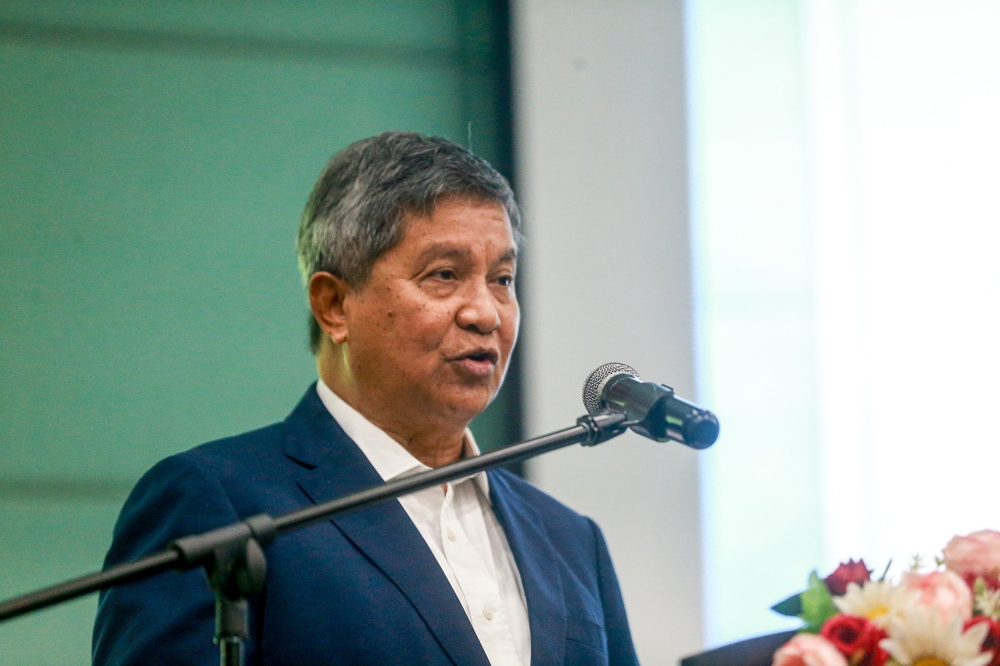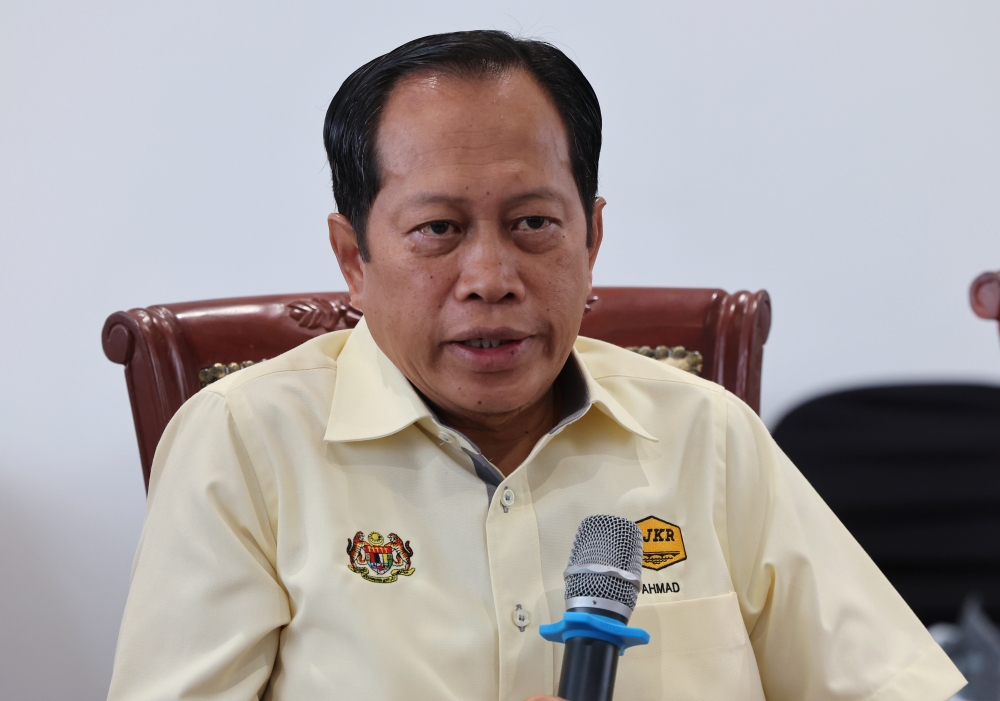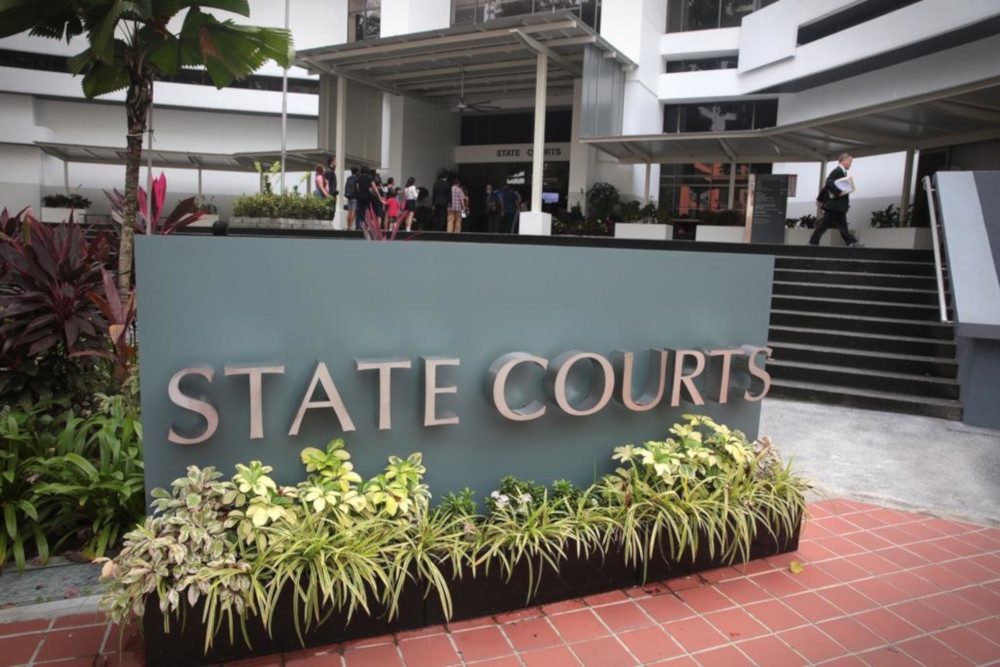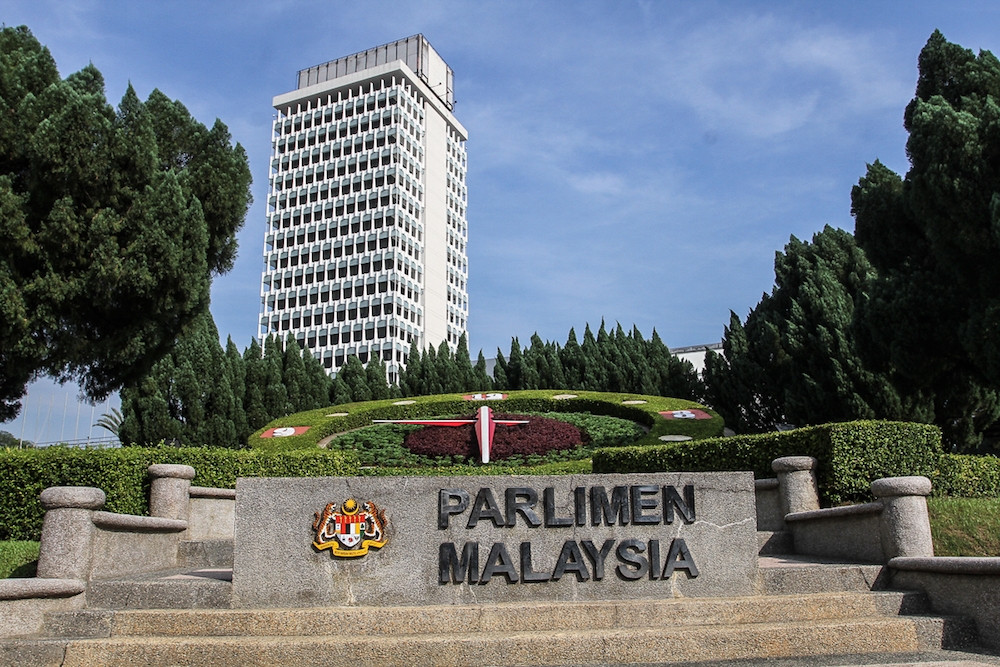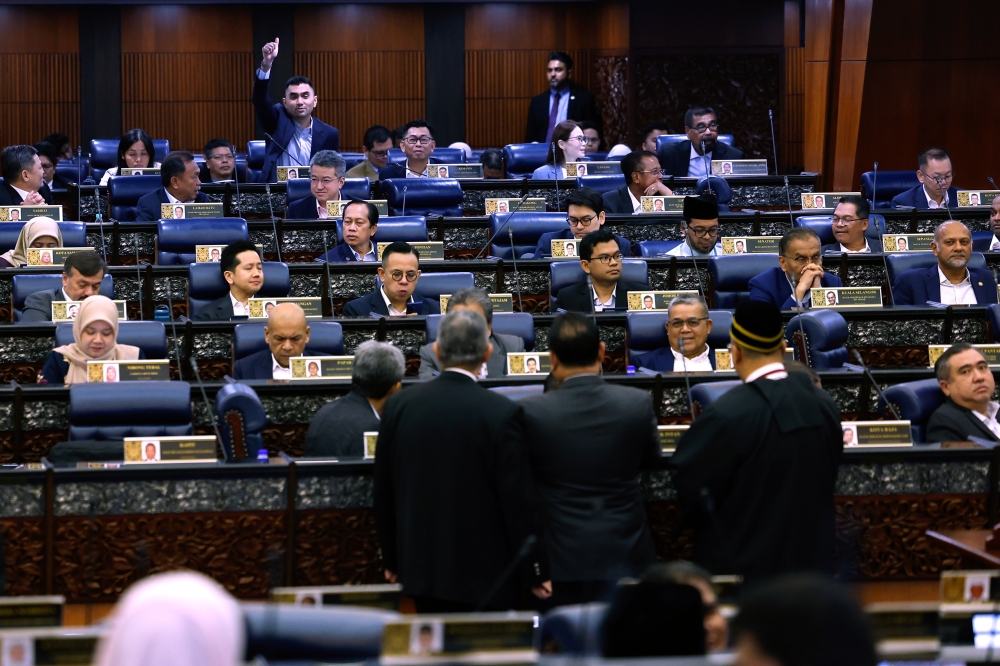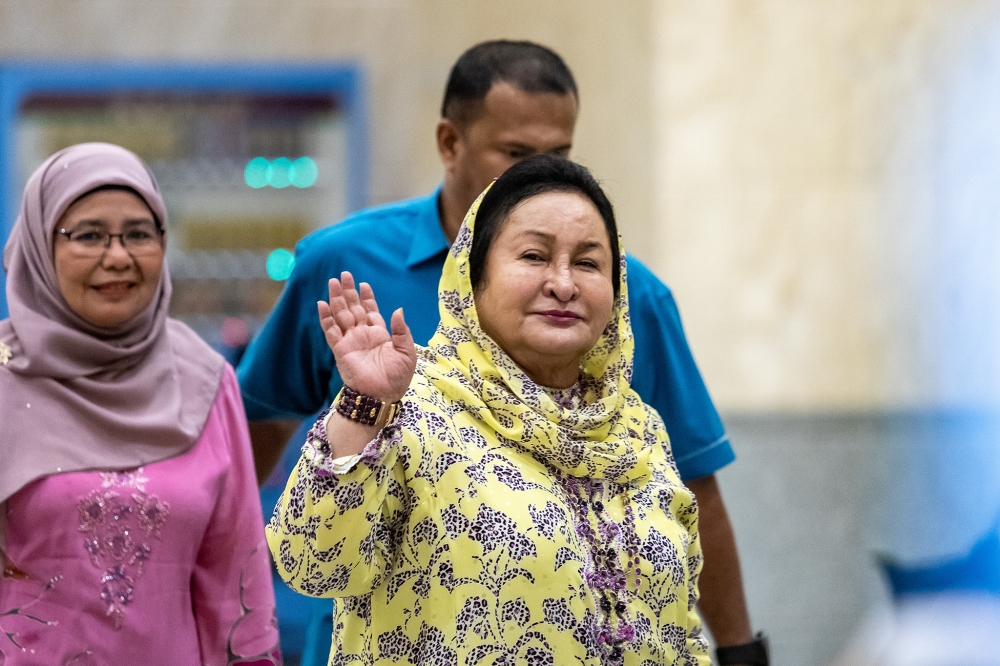KUALA LUMPUR, July 26 — A new study by an environmental group suggests strong links between state legislation and the rapid expansion of corporate oil palm, which has spread into vast swathes of precious forest reserves and native customary land (NCL) over the last decade.
The study by Sahabat Alam Malaysia (SAM), which looked into the effects of large-scale single-crop plantations, claimed federal and state policies, statutory laws and several landmark judicial decisions have all worked in favour of powerful oil palm plantations, often at the expense of indigenous communities.
The devastation wrought by them is felt most in Sarawak, where weak state legislations have allowed local and transnational companies to exploit legal loopholes to encroach into NCLs or clear forest reserves for growing cash crops, predominantly oil palm.
The Borneo state, which has exhausted nearly all its forest production lands to grow pulp, paper and timber, accounts for the largest growth of land use for oil palm plantations from 2007 to 2017, at nearly one million hectares, according to the group.
“Undoubtedly, the largest expansion of oil palm cultivation areas between 2007 and 2017 in Malaysia was contributed by Sarawak, which registered a growth of 941,513 hectares,” read the report, titled The Land We Lost; Native Customary Rights and Monoculture Plantations in Sarawak.
This accounted for over half of total oil palm expansion, the report noted. As of 2018, SAM said data compiled and analysed from several sources show up to a quarter of the state’s land is already used up for monoculture plantation, a staggering number considering Sarawak’s mass-scale commercial agriculture only started since the 1990s.
In peninsular Malaysia, where cash crop cultivation began more than two decades earlier and plantations fill up close to half of its land, palm oil expansion make up less than a fourth of total growth.
From 4.24 million hectares in 2007, the country’s oil palm plantations grew to 5.81 million hectares in 2017, an increase of 1.57 million hectares over a span of just one decade. SAM approximated up to 18 per cent of national land had been used for palm oil cultivation by 2017.
In Sarawak alone, 2.8 million hectares of largely forested areas in the state were already licensed out to pulp and paper and timber tree plantations, SAM noted, of which 285,520 hectares were permitted for oil palm growing.
“In short, from the late 1990s onwards, the conversion of forests into oil palm plantations in Sarawak is an indisputable reality that cannot in any way be denied,” the NGO concluded.
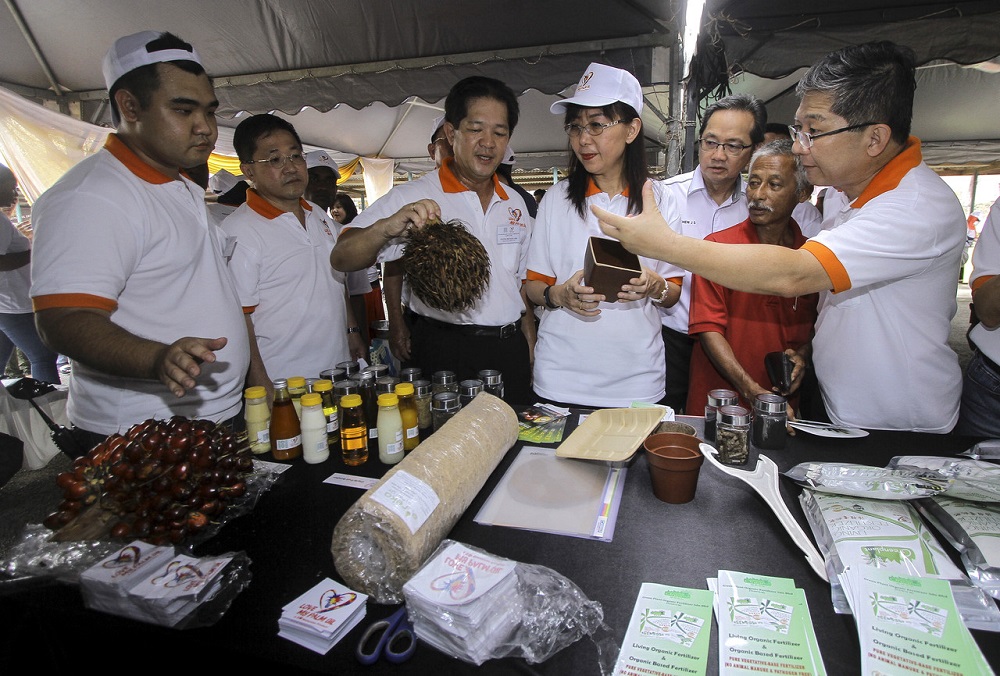
Palm oil not sole evil
In neighbouring Sabah where commercial-scale timber, paper and pulp production contribute most to state income, a similar problem exists but on a slightly smaller scale.
Oil palm cultivated areas in the state registered a growth of 291,251 hectares, reaching some 1.5 million hectares in total for the same period. Up to 77,134 hectares of land under Sabah Forestry Department was used to grow the oil palm crops in 2017 alone.
That same year, the Sabah government designated another 451,239 hectares for tree plantations in its gazetted production forests, jungles meant for growing cash crops. 149,263 hectares of this land are already in use.
The report’s findings come amid the Pakatan Harapan administration’s attempt to counter anti-palm oil sentiment in the West, where governments have already banned imports over concerns of mass deforestation and wildlife destruction, prompting Putrajaya to threaten retaliation.
Primary Industries Minister Teresa Kok, who is now at the forefront of a feisty campaign to “correct” perception about Malaysia’s oil palm activities, insisted most plantations comply with strict domestic environmental laws, and that allegations about illegal forest clearing and environmental degradation are protectionist propaganda at best.
SAM in its report neither confirmed nor extinguished the claims, but noted that over a quarter of the land area in Sarawak alone, or an area about the size of Pahang, has been designated for large monoculture plantations since the 1990s.
It blamed the problem largely on the state government led by Parti Pesaka Bumiputera Bersatu, which enjoys near-total autonomy from federal policies governing land use for cash crop growing.
As a result, the group said land for timber production, seen as the primary source of wealth for many of the state’s political elites, has left much of Sarawak’s forest reserves nearly decimated by the time palm oil were planted.
“A significant size of these areas may fall within native customary territories and contain productive native farmlands as well as forested areas that have been mostly logged over in the previous decades, including forests that have been gazetted as production forests,” it said.
“Therefore, we need to be clear that oil palm per se is not the only problem here. The real two principal problems are the violations of the indigenous customary land rights and deforestation.”
Many of these plantations were found encroaching into native farmlands or forest reserves whose rivers and rich wildlife have provided for Sarawak’s many indigenous tribes for centuries, long before commercial agriculture arrived.
This intrusion, the group added, has sparked decades of tension between local communities and plantation owners, and more often resulting in the former losing in litigation battles owing to a legal framework skewed to favour corporations.
“The various weaknesses, flaws and limitations of the statutory and policy framework in respect of land and forestry governance in Sarawak have long given rise to the lack of harmonisation between the NCR claims of native communities and those conceded by the state,” it said.
“The state has… consistently put severe limitations to community claims of their NCR, especially on forested areas.”
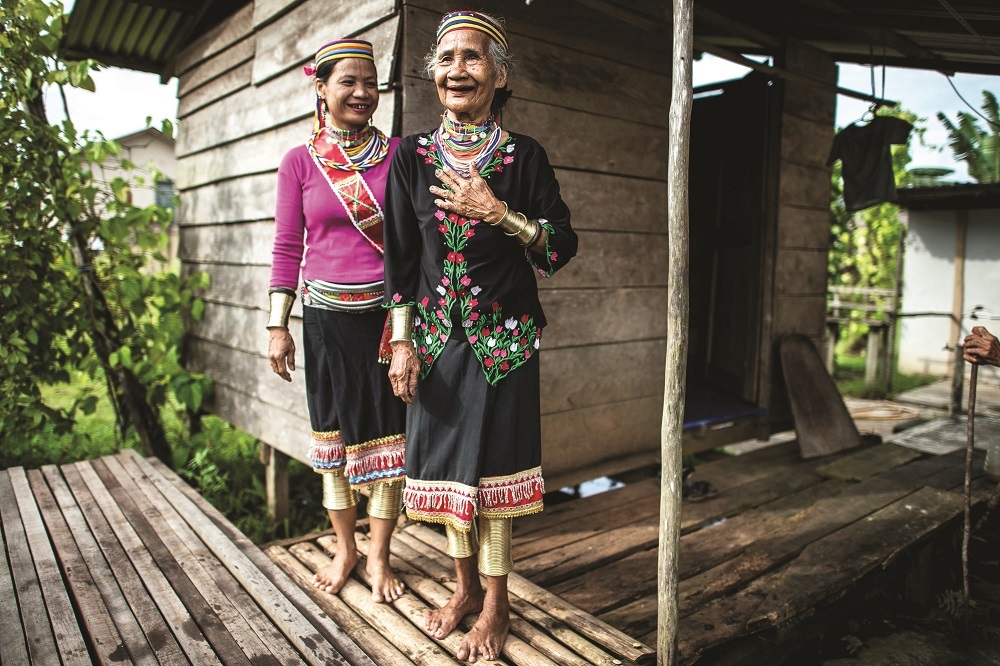
Waning rights
SAM said many of the projects also exclude the involvement of native communities, who are almost powerless to challenge the encroachment of resource-rich plantations into NCR-claimed territories. The group believes as much as 570,555 hectares of land in Sarawak designated for development of mostly oil palm may be NCR land.
Indigenous customary land rights or titles are rights obtained from the authority of traditional and customary laws, and are commonly acknowledged and enforced by members of an indigenous community. They form key components that lay the foundation for NCR.
These rights are recognised under Article VIII of the Malaysia Agreement 1963 (MA63) and Article 13 and 161E of the Federal Constitution.
But SAM said even with constitutional protection, violations of the indigenous customary land rights by logging, plantation, mining and other resource extractive operations are still prevalent in Sarawak, Sabah and peninsular Malaysia.
“Additionally, indigenous customary territories are frequently confronted by the gazetting of forested areas, either for production or conservation purposes, which either extinguishes or severely reduces the indigenous customary land rights,” the report said.
Indonesia and Malaysia provide the world with more than 80 per cent of the palm oil used in everything from biofuel and cooking oil to lipstick and chocolate. The commodity is one of the country’s largest agricultural exports.
Kok, in censuring the European Union’s plan to prohibit palm oil in biofuels by 2021 and a complete phasing-out of the commodity 10 years after that, said the ban would hurt some 650,000 smallholders dependent on the crop for income.
But SAM claimed small-scale farms form just a fourth of total oil palm plantations. Most land use is by private estates, which account for 63 per cent of total oil palm plantations. The group attributed most of the sustainability problems to corporate palm-oil growing.
“It is inaccurate and deceptive to equate that opposition to such large scale oil palm plantations in Sarawak, which destroy forests and the livelihoods and income of native communities, with the action of hurting the livelihoods and income of other smallholders in the country,” it said.
Putrajaya said earlier this month it would take up the ban with the World Trade Organisation.
*Editor’s note: An earlier version contained an error that has since been corrected.

